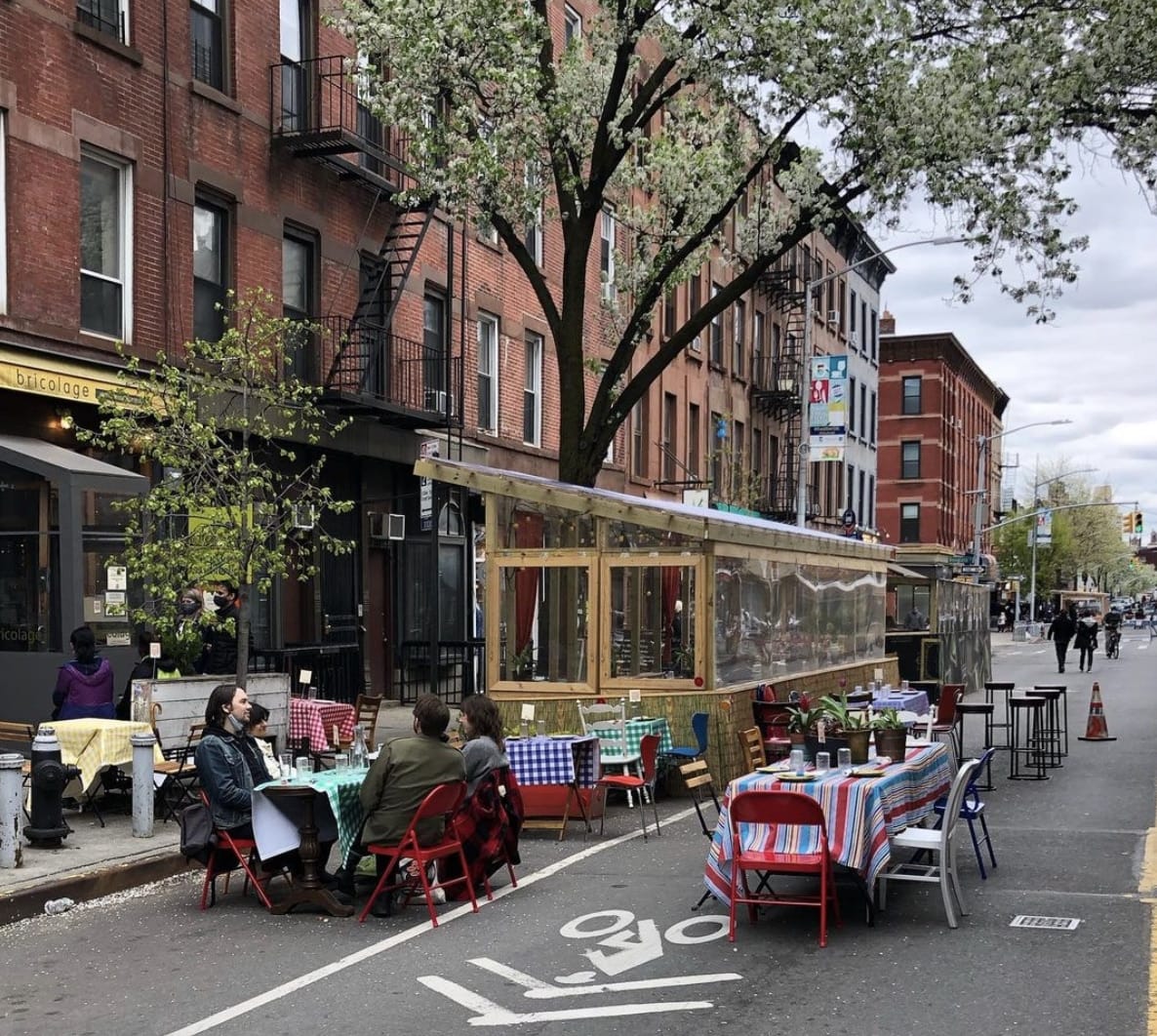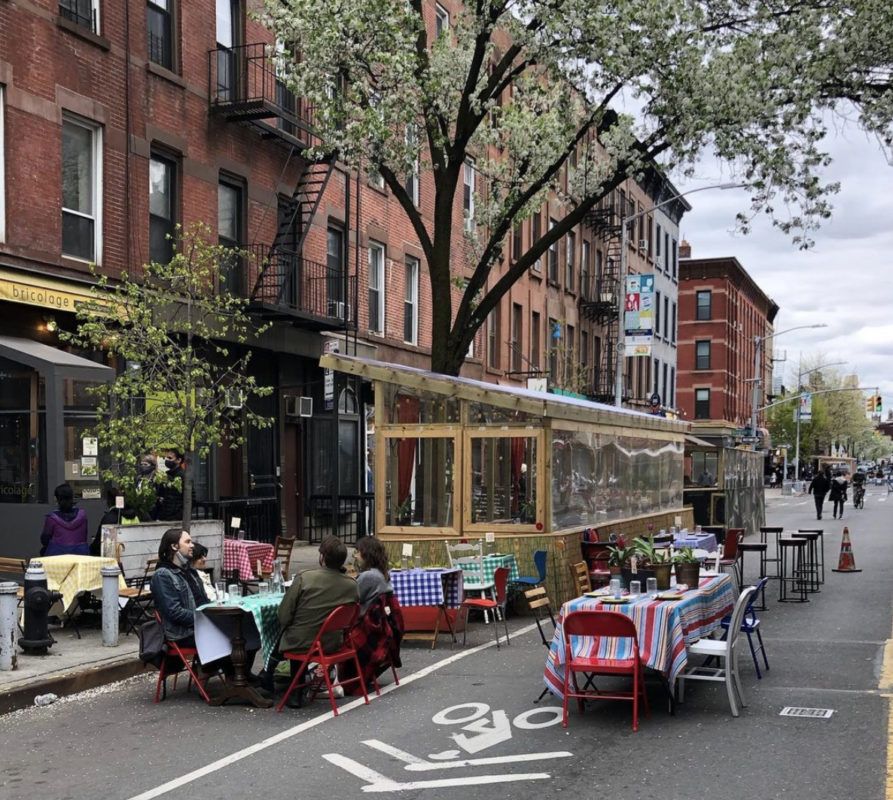Chamber of Commerce Panel Urges Community, Connection, for Post-COVID Business


On Wednesday morning, the Brooklyn Chamber of Commerce hosted an online seminar for business owners and community leaders about the future of business, looking forward to a post-COVID world.
The pandemic ravaged Brooklyn’s local businesses, hitting mom-and-pop shops especially hard. In surveys done by the Chamber, over 80% said they saw a decline in revenue, with half of those reporting a decline of more than 50%.
However, Chamber President Randy Peers was optimistic. “Brooklyn engenuity is on display in every retail corridor throughout the borough,” he remarked.
Panelists Jill Dvorak or the National Retail Federation, Jeff Chan, the senior manager of consumer trends and innovation for TD Bank, and Kevin Kelley, of Shook Kelley strategy and design firm discussed what’s here to stay from the pandemic, what business owners can do to keep up, and how things will be changing going forward.
The panel spent a lot of time encouraging small businesses to rely on what they do best— connection.
The pandemic cut down some of the previously competitive rivalries among small businesses, and fostered a clearer sense of community amongst owners, Piers said, citing the fact that several spots in the borough had started selling each other’s merchandise as a way to survive together.
“Online retailers have huge loyalty programs because they’re trying to replicate what small business owners do so well,” Chan said, speaking in regards to customer connection, adding that “The pandemic shifted our world. And one of the things it did, it lit digital on fire. At minimum, your stores need to be discoverable [online].”
He suggested even going so far as to allow customers to text or live chat business owners to build more connections.
The panelists and Peers praised the work of the 5th Avenue BID specifically, admiring the way they’ve been on the ground and utilized the open streets program.
“Don’t think of each store as individuals, bring them all together. [Utilize] the power of 100 stores together to create one giant experiential event that the community will never forget. Show them why all one hundred stores belong to that community,” Chan said, suggesting that events that bring business and community together like that happen monthly.
Despite the many changes and differences in the world of small business, panelists emphasized that things can change very quickly, as was directly evidenced in the last year, and were hopeful looking forward.
“Memories are short and people will come together once they feel more confident,” Chan said. “A lot of studies that we look at say that people won’t remember this [pandemic] at the level we think they’ll remember it. Do everything you can to make the customer feel safe, make sure it is safe, and they will come back.”



